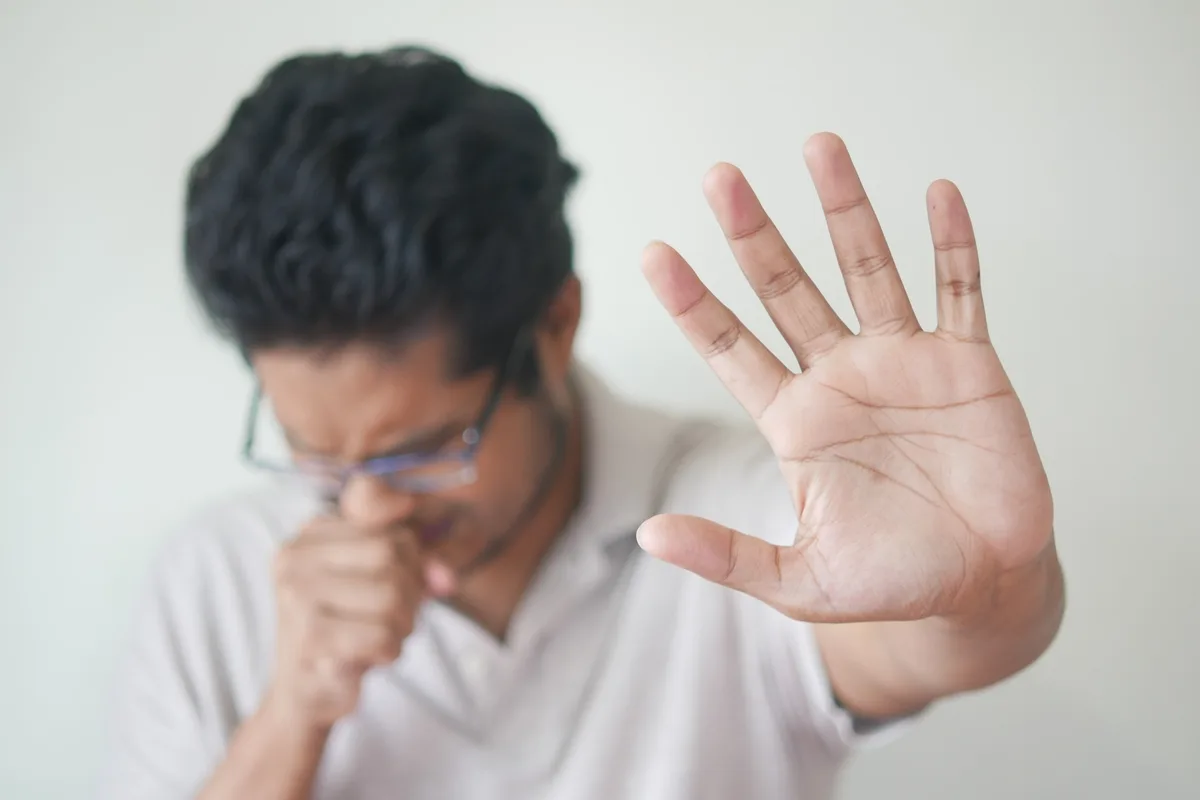The National Institute of Health (NIH) has warned health departments on rising whooping cough infections across the country and urged for immediate intervention to contain the spread of the infection.

The NIH has highlighted a list of preventative measures to curb the spike in cases of whooping cough that are expected next following months. They also highlighted the strain on healthcare facilities from the increasing cases of COVID-19.
Emphasizing the crucial role of vaccination in reducing the overall cases of whopping cough, the NIH has stressed the importance of timely immunization as a tool to alleviate pressure from healthcare facilities.
Key Points of the National Institute of Health (NIH) advisory includes:
- Whooping cough, which is a contagious respiratory infection, spreads through the respiratory drops that are caused by coughing or sneezing and has an incubation period of 1-4 days.
- Infection outbreak is usually highest during the early symptoms of the condition.
- Initial symptoms include fever, chills, cough, sore throat and body aches.
- High-risk groups, including young children and the elderly, are most prone to suffering severe complications.
- The whooping cough vaccine is compulsory for high-risk groups and part to the national immunization programme.
It is recommended by the NIH to follow preventative guidelines, including washing hands regularly, wearing masks and maintaining social distancing. PCR tests which allow for early diagnosis are key and antibiotics can help reduce the symptoms of the disease.
The timely vaccination of people is recommended as the principal efficacy in whooping cough defense, not only preventing the spread of the infection but also possible complications such as pneumonia and respiratory distress.

















